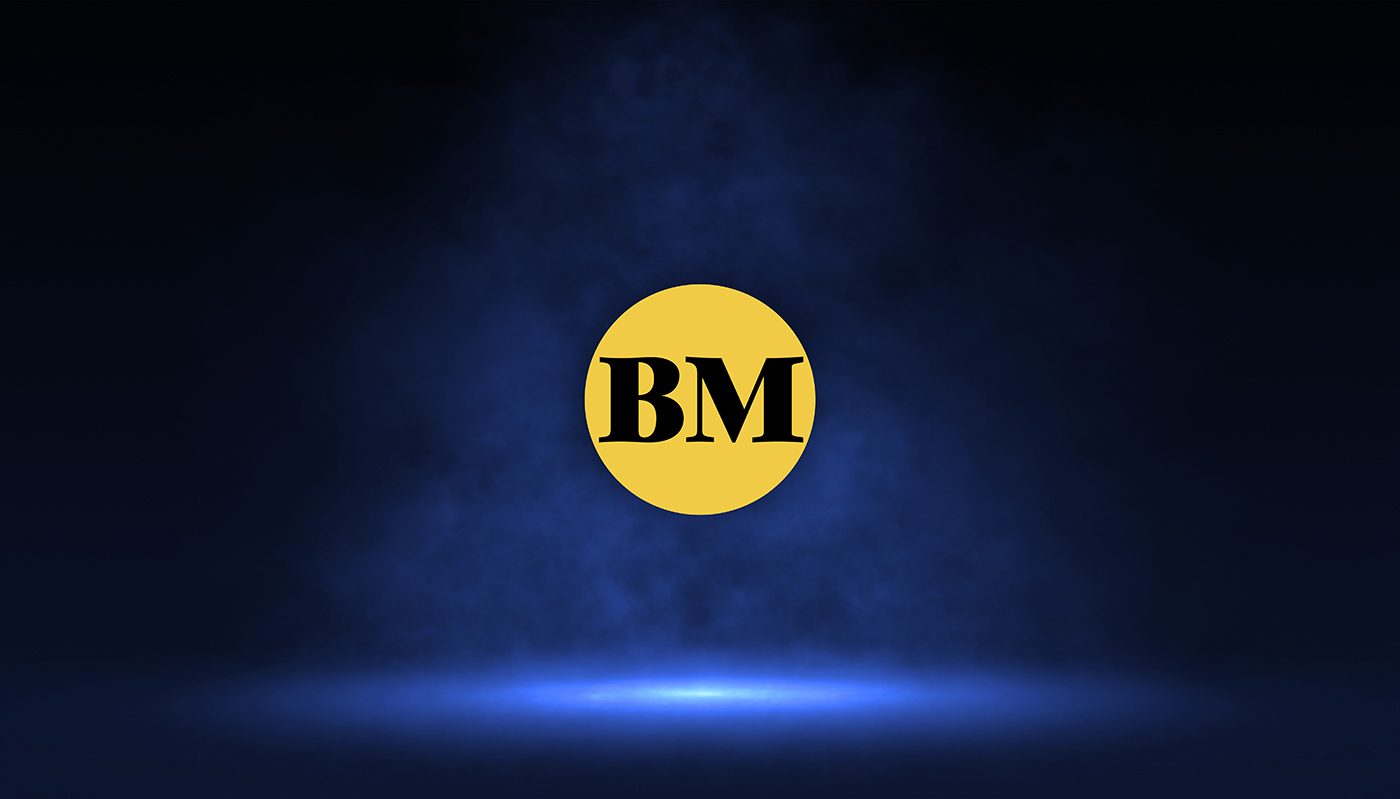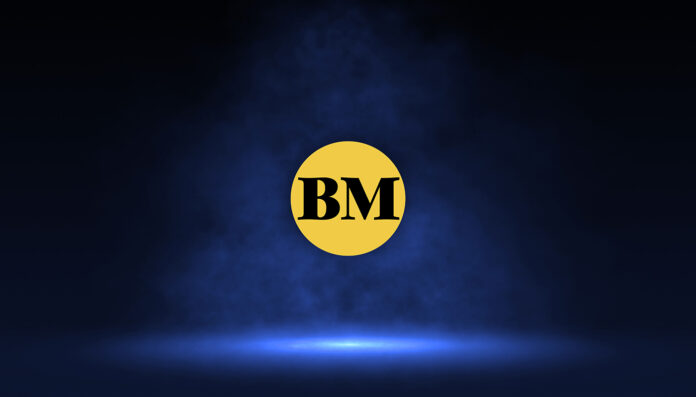
THE Bureau of Internal Revenue (BIR), APO Production Inc. (APO) and the tobacco industry is set to meet today (Monday) to settle the issue on APO’s plan to increase the cost of each cigarette tax stamp, which was criticized by the Philippine Tobacco Institute (PTI) as “excessive.”
In a statement, PTI President Rodolfo F. Salanga argued that the industry wants a “reasonable” 2-centavo hike instead as it opposed APO’s plan to raise the cost of each cigarette tax stamp by eight centavos from the current 15 centavos to 23 centavos, citing that the printing cost for a tax stamp is only 11.37 centavos.
Salanga added that raising once again the cost of tax stamps is already too much to bear and would only further “bleed” the industry, which has already contributed immensely to the government through increased excise tax payments.
“The industry has been battered with annual excise tax increases and production volume is down by half from 120 billion sticks in 2012 to 60 billion sticks last year, thus, hitting us with another blow to raise the cost of the tax stamps, would be too much,” Salanga said.
The tobacco industry’s excise tax payments to the government already grew by 350 percent from P33 billion in 2012 to P148.5 billion in 2020, enabling the government to fund its development projects and the Universal Health Care, he added.
Salanga said they are standing pat on the 2-centavo hike, the same amount of the last increase back in 2018 from the initial 13 centavos in 2014.
He argued that the APO, at present, is already enjoying a 30-percent margin at the current cost of 15 centavos and this would even rise to a 102-percent net profit should the planned increase to 23 centavos push through.
The APO is a government-run printing office tapped by the BIR to run the Internal Revenue Stamps Integrated System (IRSIS) project or the security tax stamps on cigarettes. The project was rolled out in September 2014 to monitor the supply and sale of tobacco products and guarantee payment of excise taxes by manufacturers.
The PTI, on the other hand, is an association of local cigarette manufacturers, exporters and leaf suppliers in the tobacco industry.
Based on the BIR’s Revenue Regulations 6-2017, the price of the internal revenue stamps on imported and locally-manufactured cigarettes shall be paid by the importer or local manufacturer of cigarettes to the APO.
Salanga earlier wrote a letter on March 15 to APO Chairman and Michael J. Dalumpines wherein he decried the increase as “unconscionable and excessive.”
The PTI stressed that the APO is not a revenue-generating government agency and its “monopoly” of producing the tax stamps is for regulatory purposes and not to raise revenues.
It has reiterated its request for APO to justify its planned increase which it merely claimed was due to the increase in the cost of paper and ink. However, the PTI said APO could not present the computation, documentation or any evidence to support and justify the printing cost increase.
The association also questioned the APO’s lack of public bidding when it reasoned out that the increase is due to higher cost of paper and ink. Should this be the case, PTI said a public bidding must have been conducted as provided for by Republic Act 9184 or the Government Procurement Reform Act.
Citing a research from its counsel, the PTI claimed “there was no evidence that APO conducted and awarded a public bid for the procurement of ink.”
“PTI, in numerous occasions requested for APO to present or cause the presentations of Contracts of Agreement relative to APO’s procurement of printing paper, procurement or lease of printing machines and equipment, and procurement of ink, if any,” but failed to do so despite repeated requests from the industry.
The tax stamp cost had been the subject of meetings among APO, BIR, IRSIS Corp. and cigarette manufacturers. In one of those meetings, APO presented the actual cost of each tax stamp to be 11.37 centavos and hiking it to 23 centavos to be paid by manufacturers, the agency will gain net profit of 11.62 centavos.
The PTI has sent a series of letters to the BIR and APO, since December 2020 raising its concerns about the eight-centavo increase which it criticized to be “unreasonable and unjustified.” It requested the BIR to review APO’s move citing certain government processes were not complied with particularly the absence of a public bidding as provided for by law.
Furthermore, PTI said APO should not implement any increase without BIR issuing first a revenue regulation to adjust the price. The group cited Section 6 of Revenue Regulation 7-2014 (as amended by RR 6-2017) on the “Payment of the Price of Internal Revenue Stamps Escalation Provisions.” That section provides that “in case of occurrence of inflation, escalation and/or decrease in costs of raw materials and equipment to be used by APO, the BIR shall accordingly adjust the price of internal revenue stamps, subject to prior consultation with all concerned stakeholders and the issuance of the amendatory revenue regulations for the effective implementation thereof.”
Read full article on BusinessMirror

